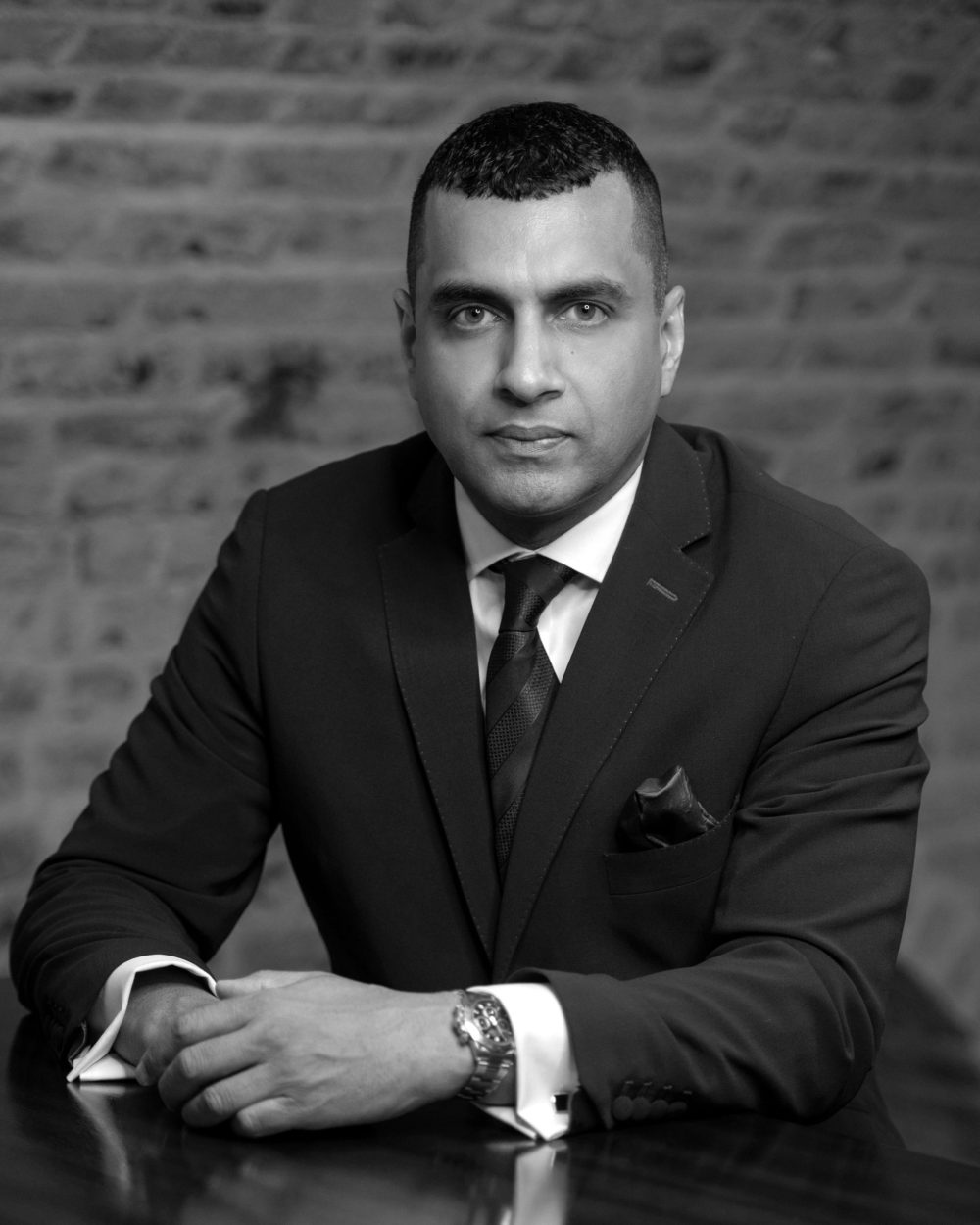Wrongful or Fraudulent
Trading
Wrongful or Fraudulent Trading Lawyers
In times of economic uncertainty and recession, the detection of wrongful trading and fraudulent trading generally tends to increase. Our team of insolvency lawyers is experienced in defending actions for wrongful trading as well as defending criminal allegations of fraudulent trading.
In order to understand the concepts of wrongful and fraudulent trading, it is important to understand the duties of a company director.
A company director is obliged to discharge their fiduciary duties as a director.
A company director must:
- Act within the powers of the company as set out in its Articles of Association
- Promote the success of the company for the benefit of all shareholders/members
- Exercise independent judgment for the benefit of all shareholders/members
- Exercise reasonable care, skill and diligence in performing his/her duties
- Avoid conflicts of interest (and declare any such conflicts to the board of directors)
- Not accept benefits from third parties
- Declare an interest in any transaction or arrangement proposed by the company
The director not only owes a duty to the shareholders (even if the director and shareholder is one and the same person) but also a duty to other parties to ensure that the company does not trade wrongfully or fraudulently.
Other parties include a whole range of entities that the company interacts with such as sub-contractors, manufacturers, suppliers, distributors etc.
Where a director fails to discharge his duties, the Secretary of State can institute ‘Director Disqualification Proceedings’.
Got a question?
What is Fraudulent Trading?
Fraudulent trading is where the company is technically insolvent, and
- Despite the obligations to take the steps to notify and/or protect creditors, the business continues to trade
- Knowing that the company is unable to settle any of those trading invoices, and
- Has no prospect of ever being in a position to settle the invoices
Fraudulent trading is often characterised by the insolvent business receiving goods, selling them on and retaining the proceeds without ever paying the supplier for them.
Fraudulent trading is a criminal offence with conviction resulting in a custodial sentence of up to ten years. It is often prosecuted with a view to seeking a Director Disqualification Order in the criminal courts.
What is Wrongful Trading?
A change to the Insolvency Act 1986 permitted the concept of wrongful trading to be added to the notion of fraudulent trading.
Wrongful trading is:
- Where a company continues, ostensibly, to trade normally where its directors know (or where there is good reason to know) that the company will go out of business and there is no genuine way of ‘trading through’
- What is often known as ‘trading irresponsibly’
- Far more prevalent than fraudulent trading
- Not a criminal offence
- Often done without intention
Is Wrongful Trading a criminal or civil offence?
Wrongful trading is a civil offence under Section 214 Insolvency Act 1986, and occurs when:
- The company directors knew (or there was good reason for them to have known) that there was no reasonable prospect of avoiding insolvent liquidation; or
- The company directors did not take every reasonable step with a view to minimising the potential loss to the company’s creditors
What are the consequences and penalties for Wrongful Trading?
Where a liquidator considers that an action for wrongful trading should be brought, the liquidator can take certain steps:
Personal Liability
The liquidator is able to pierce the ‘corporate veil’ and take action to recover the company deficit from the personal assets of the (former) company directors. This recovery may be ‘set’ at the point that the company became insolvent.
Dependent upon the circumstances associated with the company’s insolvency, the liquidator may also request Disqualification Proceedings be issued against the company director.
Such request requires an application to the Secretary of State for Business, Energy and Industrial Strategy. If granted, dependent on the severity of the wrongful trading, the disqualification may range from two to fifteen years.
How can KANGS help?
In order to try and obviate any such claims or criminal prosecutions being brought against you, it is imperative to take specialist advice from qualified people.
Early advice and assistance is imperative and can lead to a considerable saving of time and costs in these cases.
We will:
- Listen to you as you will know the affairs of the company better than anyone else
- Consider any claim and supporting documents that has been served on you
- Provide you with expert legal advice in plain language without legal jargon
- Guide you on the options available to you and which option is best suited for your case
- Liaise with the Insolvency Practitioner or the Insolvency Service on your behalf
- Where appropriate negotiate and attend ‘without prejudice’ settlement meetings with the Insolvency Practitioner or Insolvency Service to try and resolve the dispute
We welcome new enquiries by telephone or email.
Our team of expert lawyers is here to guide you in relation to any issues concerning claims for wrongful trading and allegations of fraudulent trading.
We are happy to provide an initial no obligation consultation at our offices in London, Birmingham or Manchester or via video conferencing facilities to explore the issues in your case and to provide an assessment of how we can assist you.
Contact KANGS
The expert lawyers at KANGS are available to assist you. We can arrange initial consultations in person, by video call or telephone.
Please contact one of our experts listed below or contact us at:
Testimonials
Get in touch
Send an enquiry





